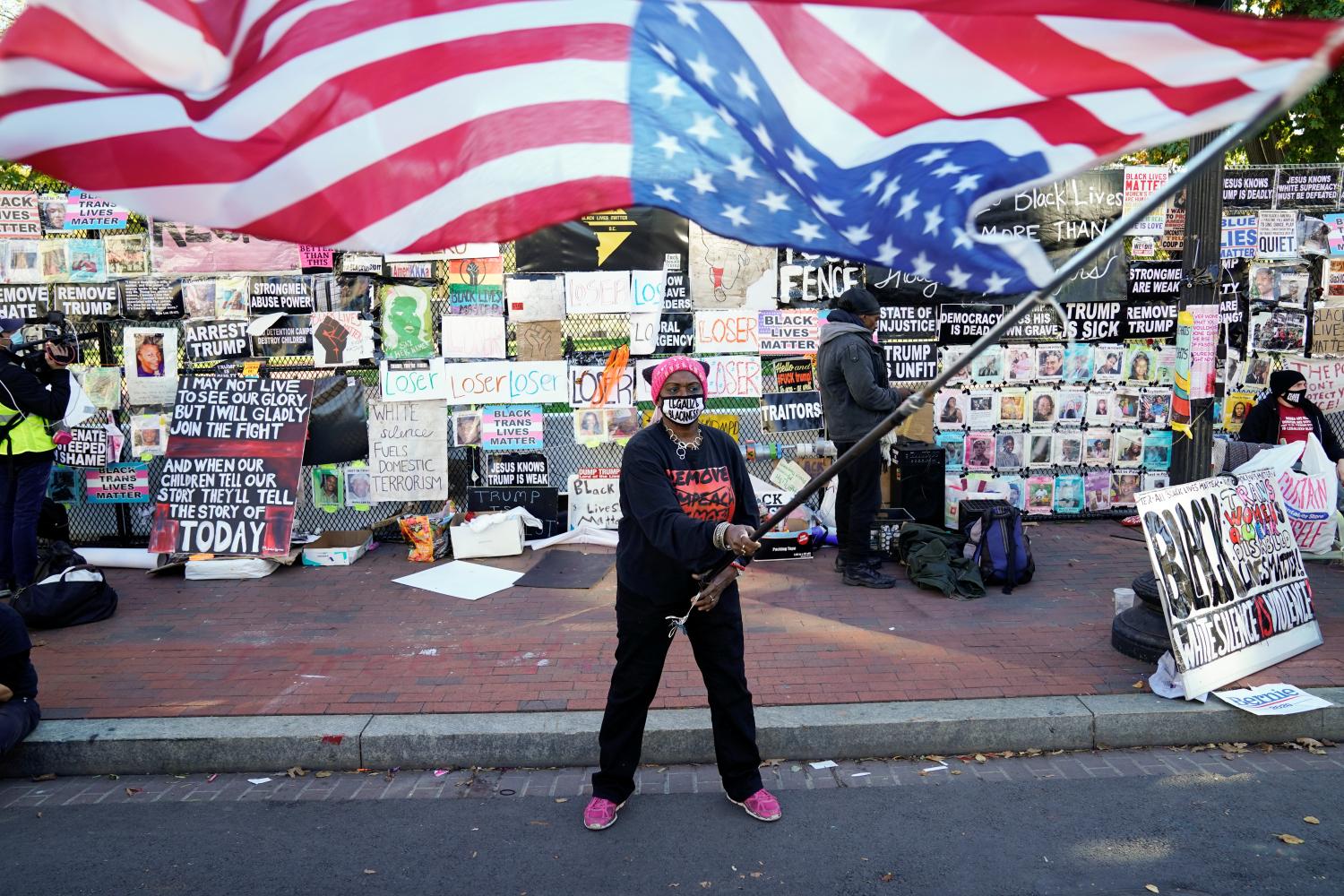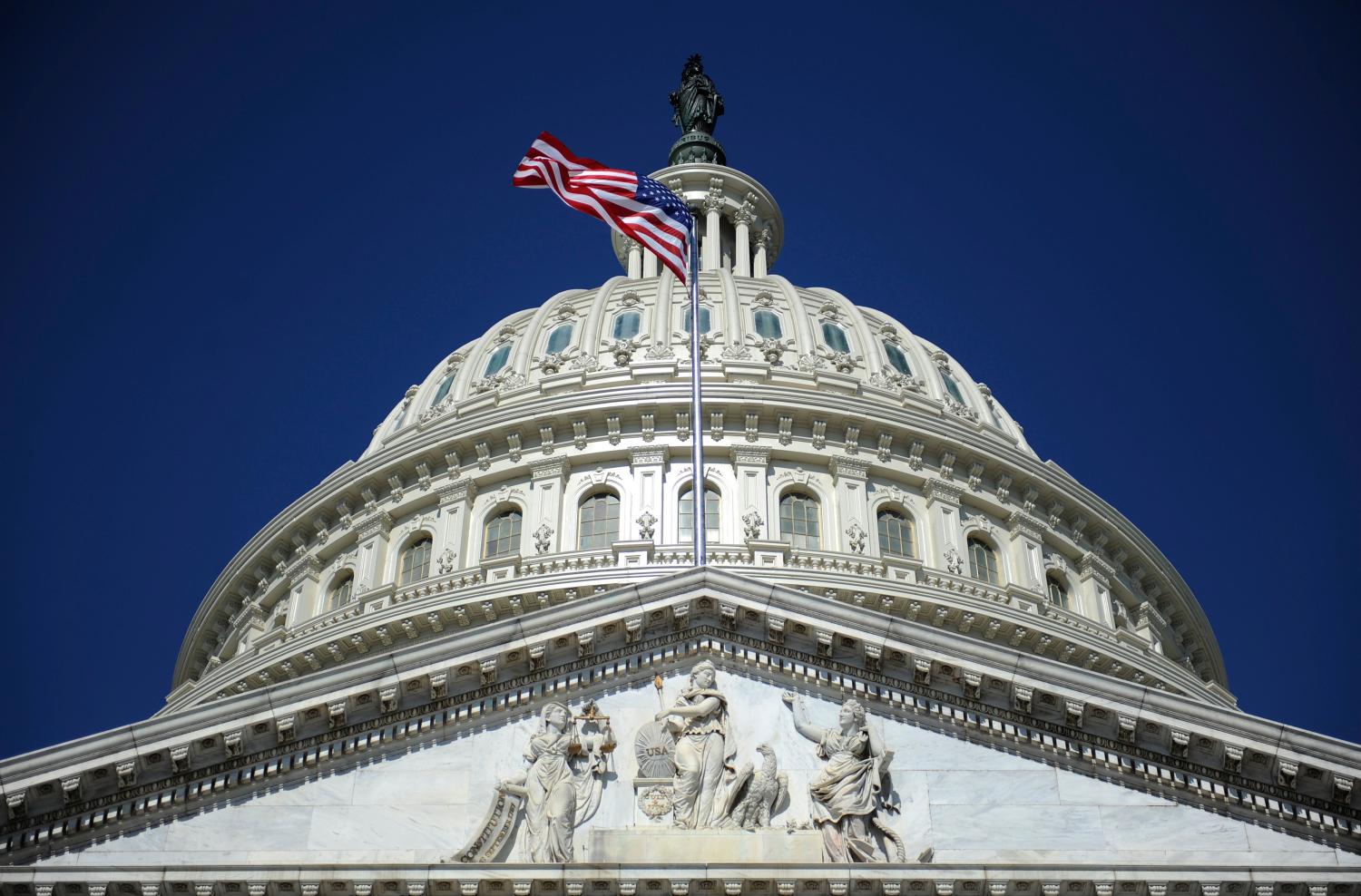Amid a global pandemic, the United States is grappling with deep polarization after a divisive presidential election and the events that followed. Moments of polarization, radicalization and extremism have increased public distrust in government, legislative gridlock, and violence in cities around the county. At this critical moment in history, Brookings President, John R. Allen and Darrell West look at how polarized discussions on race, ethnicity, religion, immigration and gender stem from years of income inequality, geographic disparities, systemic racism and the rise of digital technology, and propose policy solutions to chart Americans on a path towards national unity and reconciliation.
The Brookings Institution is committed to quality, independence, and impact.
We are supported by a diverse array of funders. In line with our values and policies, each Brookings publication represents the sole views of its author(s).






